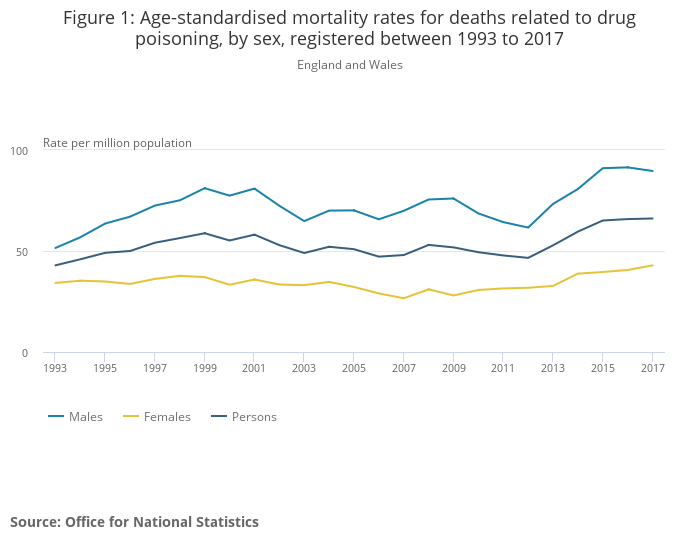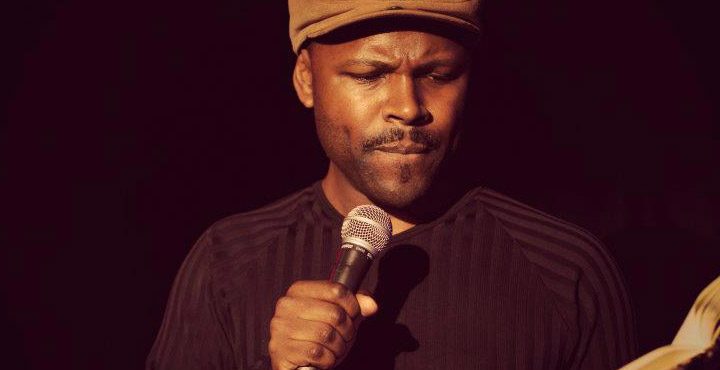Most people associate poetry with immersing themselves in the brilliance of William Wordsworth or the talent of John Keats, but what if the cathartic act of putting pen to paper could help cure addiction too?
There were almost 8000 alcohol-specific deaths in the U.K, in 2017/18 (ONS). And with the Addiction Centre revealing that four in 10 addicts who seek recovery fail to complete their program, the nation is in dire need of a solution.
Mr Gee, former South London DJ and host of Radio 4’s Bespoken Word and Rhyme and Reason, entered the poetry scene almost 20 years ago and now works with substance misuse charity, Blenheim CDP, as part of their ‘Journey to Recovery Project’.

The project allows addicts to express themselves through poetry around Redbridge, East London. There are “workshops on art, poetry, film making, interview skills, and website building,” according to Mr Gee.
The workshops focus on poetry “in the hope it might help inspire or inform other users who aren’t yet accessing treatment, and also importantly to educate the general public that users are whole dimensional human beings with thoughts, skills, ambitions, courage, and build healthy and progressive lives.”
Drug abuse is also on the rise, with the 37 per cent of 15-year-old’s using illegal drugs (ONS). GOV.UK state that one in five 16 – 24 year-old’s have taken illegal drugs in the last year. But with little reform taking place in prison and charities struggling to fund help, Mr Gee wants a change in attitude to how addition is treated.

“Addiction needs to be seen as a disease as opposed to just an anti-social problem. Locking up addicts to simply remove them from out high streets isn’t going to provide any meaningful long-term restorative care.
“As a society, we need to recognise that we have structured our social systems that make addiction a normality. Whereby people seem to always be reaching out for something else in order to cope with the pain of their lives. This is crude and basic self-medicating on a very functional level.”
Blenheim CDP published a report explaining that for every one person that signs up to their support, in an attempt to recover, there are at least 12 people who shy away from help in fear of being labelled a failure.
“Addiction needs to be seen as a disease as opposed to just an anti-social problem.”
The fact is there is little-to-no government support for the few charities that support addicts. £36 billion is spent by the nation every year on treatment, according to the Addiction Centre. Poetry has been used in the past to help people feel better and we can see this in open-mic nights and classrooms.
Mr Gee swears by the healing process of poetry and says it should be a more popular and helpful past-time. He says: “Poetry is the language of the soul. It speaks to us in calming whispers and sombre reminders. We can bombard ourselves with the latest memes, saturate our minds with endless YouTube commentary and scroll through our timelines in search of the perfect update.
“But poetry seeps in when the noise turns down; it speaks to our contemplative self and allows for true re-evaluation. Poetry embraces such truths and casts no shame or judgement.”
Mr Gee dedicates his time to working in prisons and helps those suffering with narcotics abuse. His involvement in these rehabilitation programmes aims to “reintroduce people to an ancient way of understanding that has been purposefully forgotten, but can be of great help when trying to understand our own journey”.
Mr Gee speaks more about addictions and poetry on his Tedx talk.
Feature Image by Mr Gee via Chill Pill.

